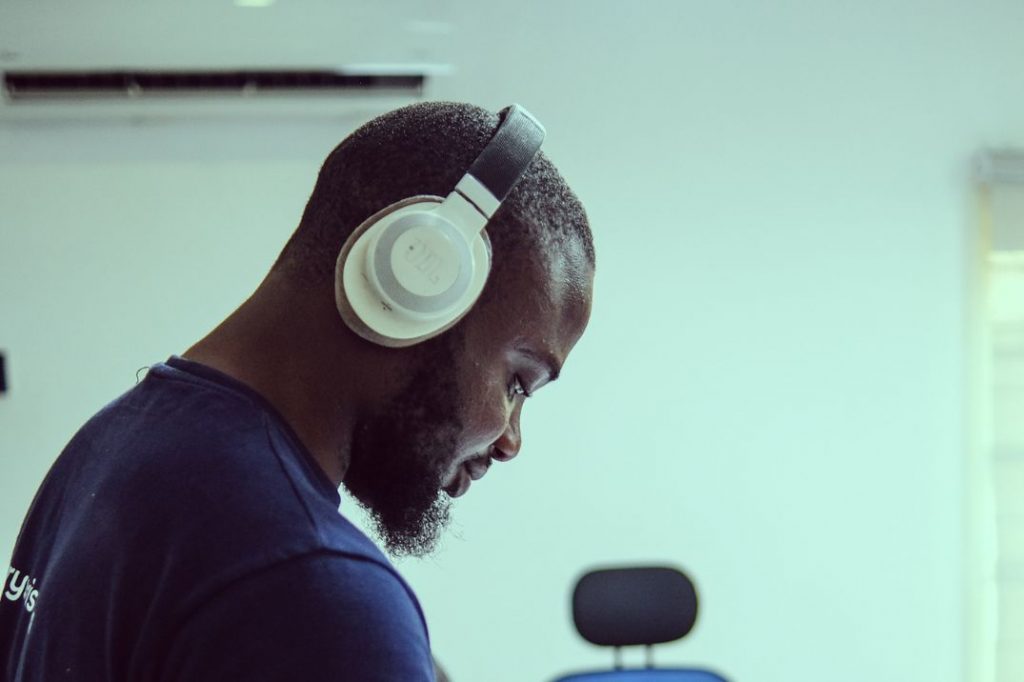
Frankly, as long as you spend money, financial literacy concerns you.
It is giving stone age mindset if you still think that only finance experts or people who work in financial institutions should know how money works.
Though it is understandable that some terminologies can be complex; this should not deter you from seeking to improve yourself with quality financial education in any way you can.
In this article, we discuss briefly what financial literacy means and five no-bs ways to become more financially literate.
What is financial literacy?
Financial literacy is the knowledge to apply sound financial skills in areas such as personal finance, savings, investments, budgeting, etc.
In simpler terms, financial literacy is the ability to know what to do in a given financial situation.
What is the importance of financial literacy?
Financial literacy helps you to make better money decisions and manage your finances effectively while staying away from debt.
Ways to improve your financial literacy
Here are five ways to be more financially literate:
1. Subscribe to financial newsletters
According to NextAdvisor and TIME, some of the best newsletters about money include Morning Brew, The Hustle, She Spends, Behavior Gap, and The Wall Street Journal Six-Week Money Challenge.
Signing up for financial newsletters exposes you to current financial education content from time to time. Your email inbox should be more than Bolt ride receipts and bank transactional emails.
At Cowrywise, we regularly publish simple-to-understand financial education articles while giving you a roundup in our periodic newsletters.
You should sign up right now if you haven’t. (Just scroll to the bottom of this article and sign up for free).
2. Read personal finance books
Warren Buffet, one of the most successful investors in the world with a net worth of over $95 billion as of October 2022, said in this video, “I read, I read and I read”.
One of the most straightforward ways to be financially literate is by reading. If you are interested in growing your financial knowledge, you really should start taking books about money seriously.
Recently, we wrote this article on 7 must-read books about wealth. You can start from there. Ope’s Money Diary is also a perfect book to guide you through your journey to becoming financially literate.
Leverage the experience of finance experts. Use it to your utmost advantage.

3. Listen to financial podcasts
If you prefer audio to text, that’s also fine; this is why we have podcasts. Whether you are in traffic, going for a jog or on an evening walk, they still serve the purpose to help your quest for financial literacy.
Here are some interesting finance podcasts you can check out:
4. Reach out to a finance professional
Meeting with a finance professional to get tailored advice as regards appropriate decisions to make is also a good path to financial literacy.
A finance professional will help create the most suitable plan for you to achieve your financial objectives. Oftentimes, this service does not come for free, however, it will be worthwhile.
5. Through social media
Social media? Of all places? Yes, I know. There’s a lot of misleading information out there. But come to think of it, how much time do you spend scrolling social media every day?
According to Broadband Search 2022 data, people spend on average two hours and twenty-seven minutes, on social media daily. You might as well be using a part of that to follow and consume content from trusted finance experts with social media presence.
Besides following Cowrywise on all social media platforms ?, you could also check out personal finance figures like Sola Adesakin and Nimi Akinkugbe.

Conclusion
Financial literacy concerns everyone that wants to be more financially responsible with their income and expenses. It is not negotiable. Having the right knowledge about how to handle personal finances can help one reach their financial goals faster.
Learnt something? Extend the opportunity to others by sharing this article. ?
RELATED:
